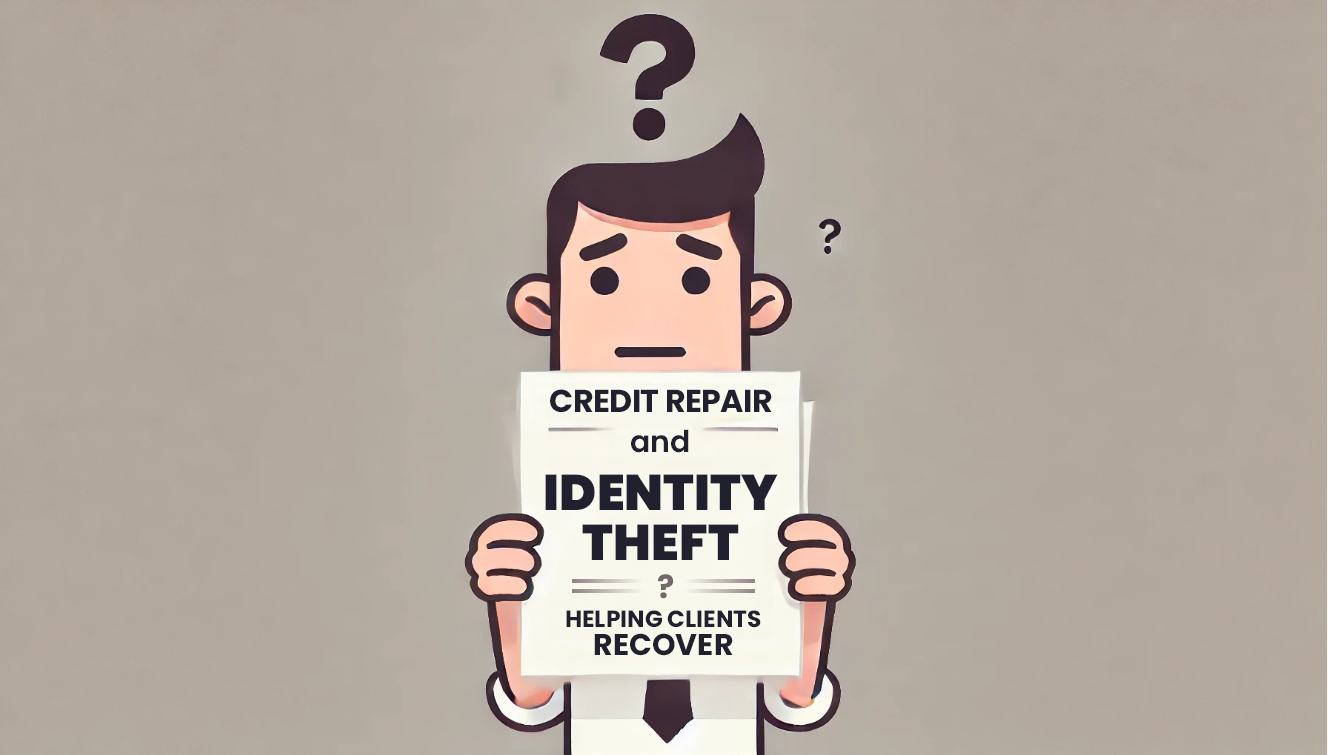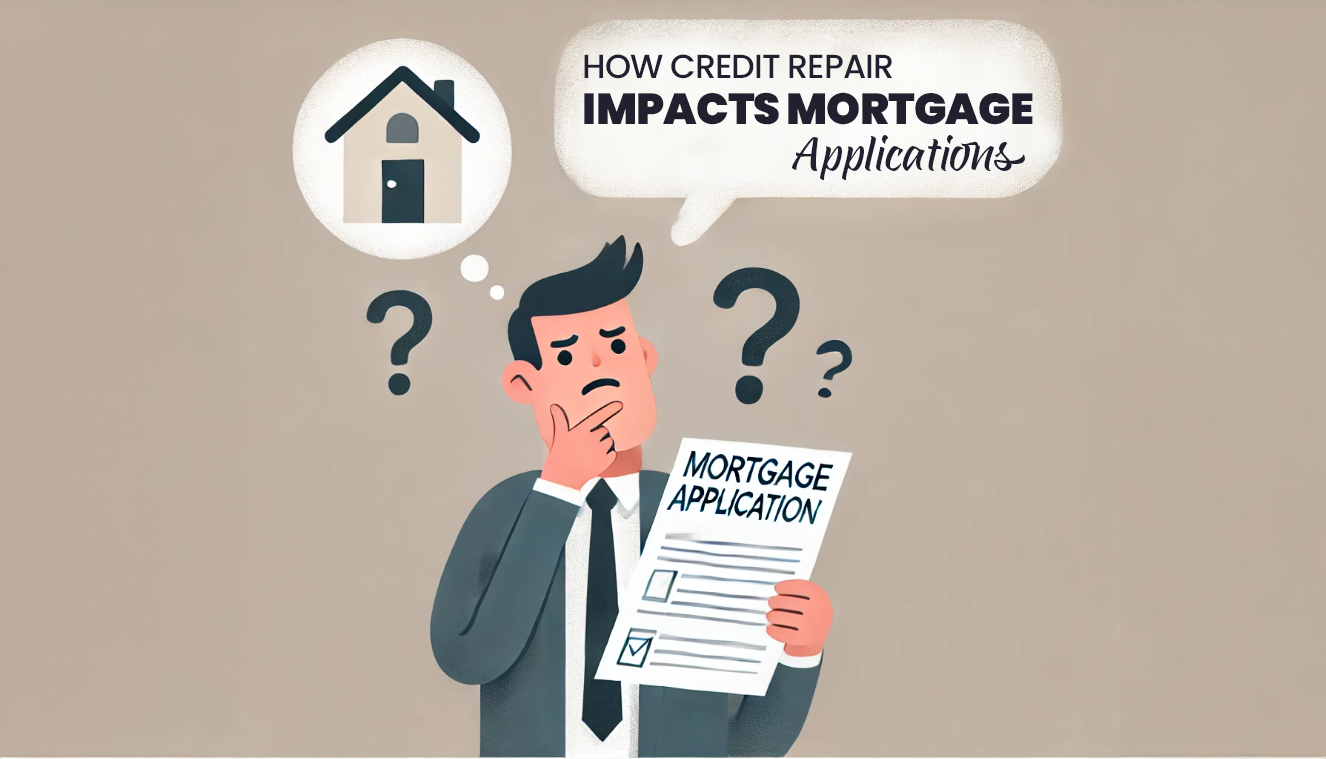A New CRO ‘s Guide to the Credit Repair Process
“A New CRO Staying Compliant in the Credit Repair Industry: A Guide:
It is essential for credit repair companies to be compliant. If you’re a new CRO reading this blog and you are not complying with some of the points below, we recommend that you start taking action on the matter.
-
The client’s rights
No one can legally remove accurate and timely negative information from a credit report. A consumer can ask for an investigation, at no charge to them, of information in their file to dispute as inaccurate or incomplete. A consumer may hire a credit repair company to do it legally or they can do them themselves at little or no cost.
By law:
- A client is entitled to a free credit report if a company takes “adverse action” against them, like denying an application for credit, insurance, or employment.
- Each nationwide credit reporting companies — Equifax, Experian, and TransUnion — is required to provide a free copy of a credit report once every 12 months, if the client asks for it.
- It doesn’t cost anything to dispute mistakes or outdated items on a credit report. Both the credit reporting company and the information provider (the person, company, or organization that provides information about a client to a credit reporting company) are responsible for correcting inaccurate or incomplete information in a report.
-
Reporting Accurate Negative Information
When negative information in a report is accurate, only time can make it go away. A credit reporting company can report most accurate negative information for seven years and bankruptcy information for 10 years, according to the FTC.
Learn more about reporting accurate negative information here.
-
The Credit Repair Organizations Act (CROA)
The Credit Repair Organizations Act (CROA) makes it illegal for credit repair companies and CRO to lie about what they can do for you, and to charge before they’ve performed services. Enforced by the Federal Trade Commission, the CROA requires credit repair companies to explain a client’s legal rights in a written contract that also details the services they’ll perform, a three day right to cancel without any charge, how long it will take to get results, the total cost of pay and any guarantees.
If a credit repair company fails to live up to its promises, a client can sue them in federal court for actual losses or what they paid said company; seek punitive damages and join other people in a class action lawsuit against the company. In the latter example, if the client wins, the company has to pay the client’s attorney’s fees.
-
How to Report Credit Repair Fraud
Many states also have laws regulating credit repair companies. If a client has a problem with a credit repair company, they can report it to their local consumer affairs office or state attorney general. They can also file a complaint with the Federal Trade Commission.
ScoreCEO comes with loads of features to improve your marketing strategy, grow your client base, and reduce your costs—all while your business becomes more autonomous and compliant. Visit www.scoreceo.com today.
Conclusion:
Navigating the credit repair landscape requires diligence, knowledge, and a commitment to ethical practices. Credit repair companies must prioritize the rights of clients, understand the duration of negative information on reports, and adhere to the stipulations of the CROA. Protecting consumers and operating within the bounds of the law not only elevates the reputation of the industry but ensures lasting success. With tools like ScoreCEO, businesses can further streamline their operations while maintaining utmost compliance.
Comments are closed.





